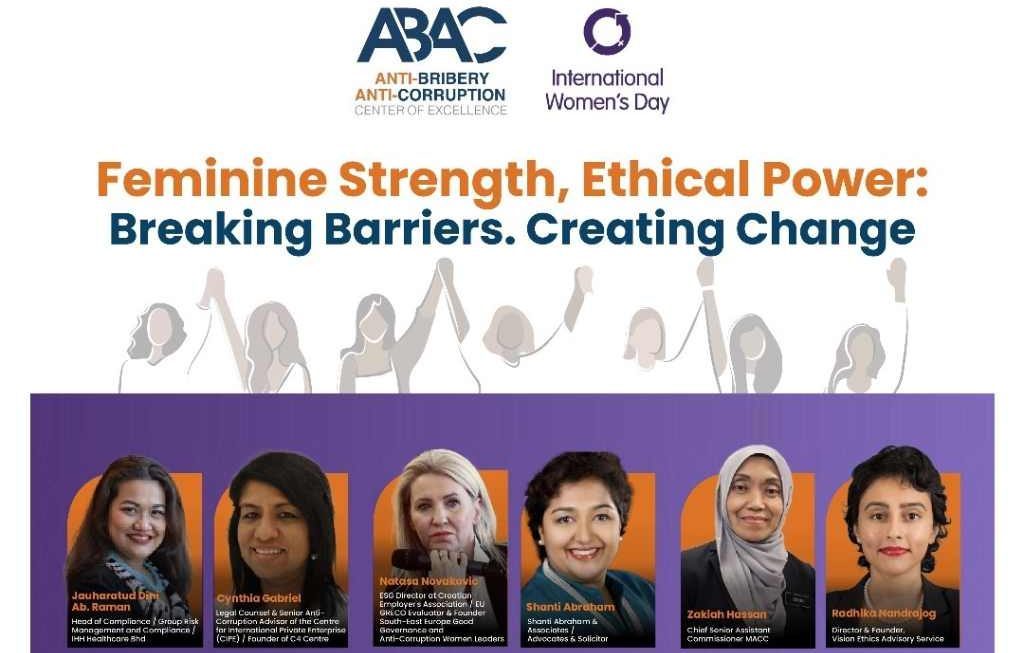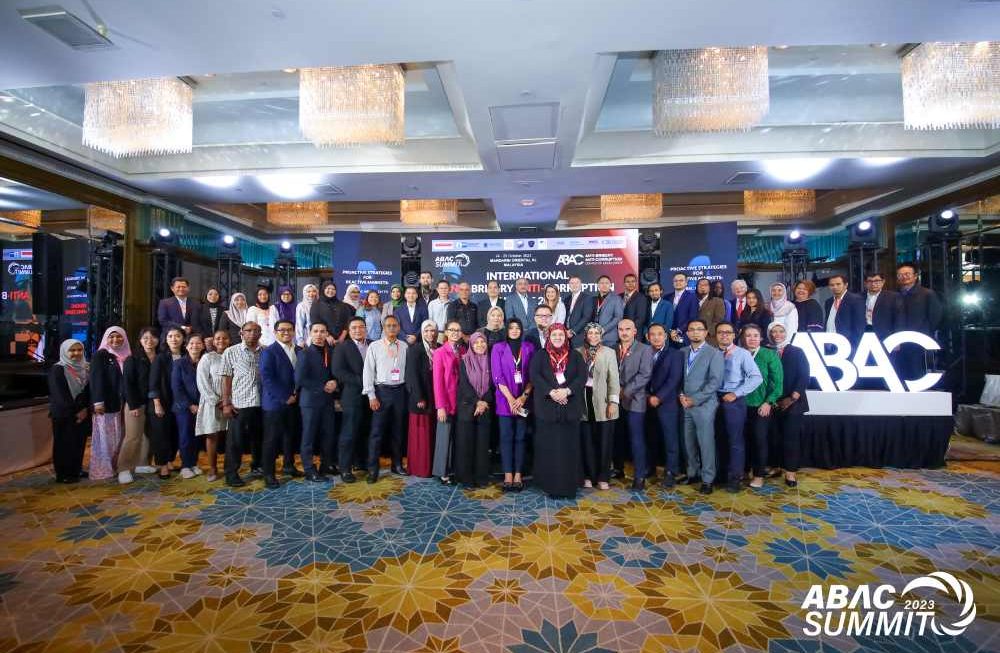Public sector corruption siphons $1.5 trillion to $2 trillion annually from the global economy in bribes and costs far more in stunted economic growth, lost tax revenues and sustained poverty, according to the International Monetary Fund (IMF). The fact is, bribery and corruption can affect any organisation, of any size, in any industry and location.
There are 10 things that an organisation can do, however, to be better protected against the threat of bribery and corruption:
- Be proactive. Adopt a code of ethics for management and employees. Evaluate your internal controls for effectiveness and identify areas of the business that are vulnerable to bribery and corruption.
- Be strict. Communicate regularly to staff about anti-bribery and corruption policies, ways to report suspicions of misconduct, and the potential consequences (including termination and prosecution) of unethical behaviour.
- Train your employees. Your workforce is your first line of defence against corruption – enrol your organisation in training programs like ISO 37001:2016 Anti-Bribery Management System Introductory, Internal Auditor or Lead Auditor training to ensure they can properly identify, prevent and detect bribery.
- Be aware of red flags. Payment for vague services like “facilitating”, paying higher-than-normal fees to a vendor as “commission”, off-the-books deals, requirements of cash-only payments or unusual payment arrangements are all signs that things may be amiss and require further review.
- Validate compliance regularly. Putting standards in place is only effective if you test and follow them year-round. Implement a process to ensure compliance with legislation like the Foreign Corrupt Practices Act (FCPA) and UK Bribery Act 2010.
- Conduct due diligence. An unethical partner or supplier engaging in bribery and corruption can have serious effects on your own company’s reputation. Conduct thorough due diligence, with background checks and full risk assessments, on all third-parties with which you are engaged.
- Encourage whistleblowing. Corruption is still most likely to be detected by a tip. Providing an anonymous reporting system for your employees, contractors and clients will help uncover more cases of bribery and other misconduct.
- Be transparent. A way to be proactive in your engagement with others is to ask for feedback. Then be prepared to address it, good or bad – creating open lines of communication and honest dialogue regarding what is and what isn’t unethical behaviour.
- Establish Hiring Procedures. When hiring staff, conduct thorough background investigations. Check educational, credit and employment history (as permitted by law), as well as references.
- Get Certified. The ISO 37001:2016 Anti-Bribery Management System standard is designed to help an organisation implement an anti-bribery management system. Any organisation can and should become ISO 37001 certified to signify the measures it has taken to prevent and detect bribery and corruption
Interested in learning more?
Contact us today and learn how we can help you to protect your organisation from bribery and corruption.



